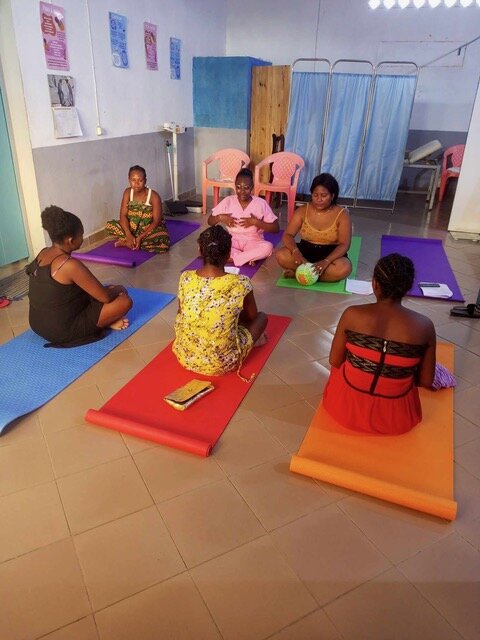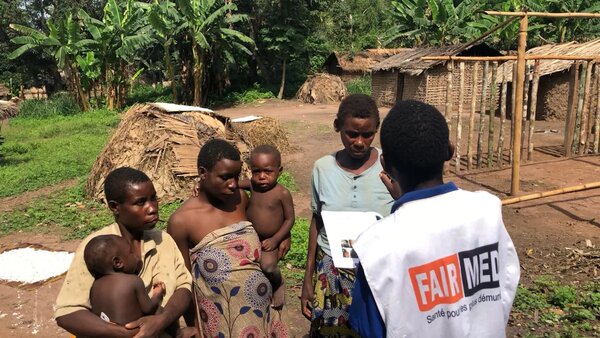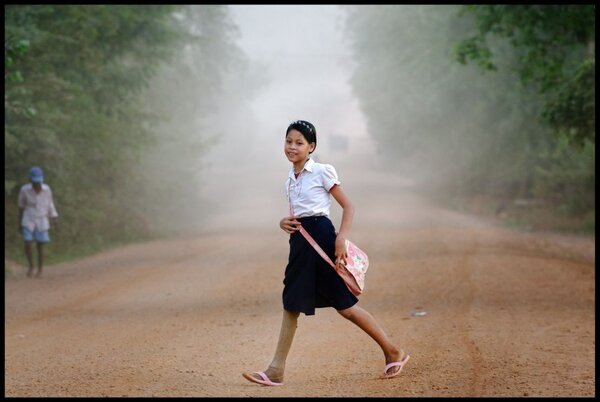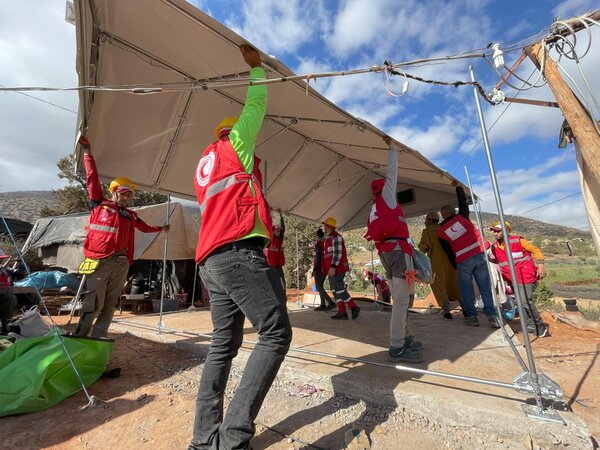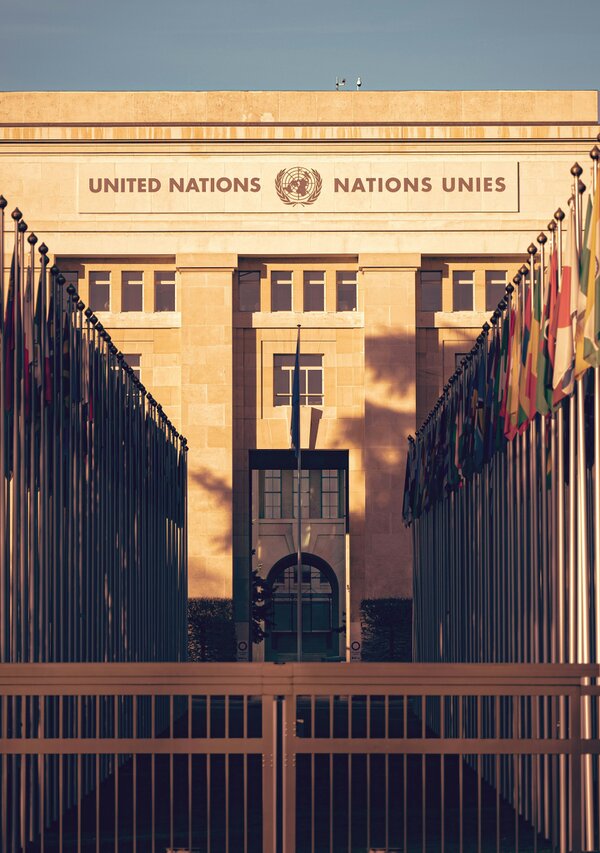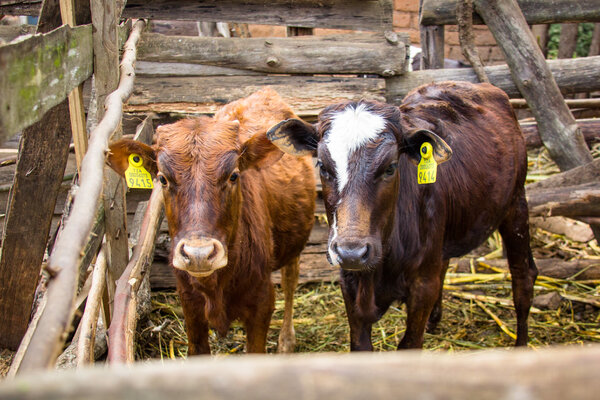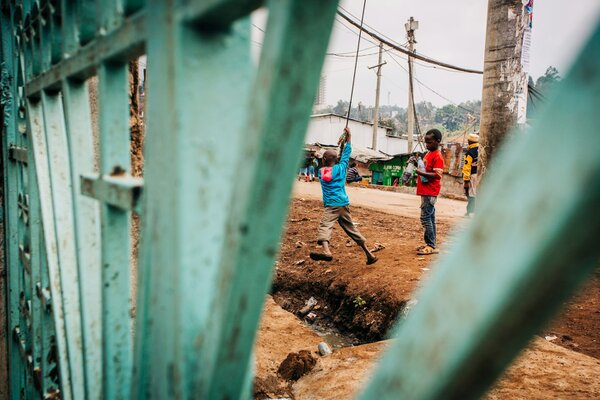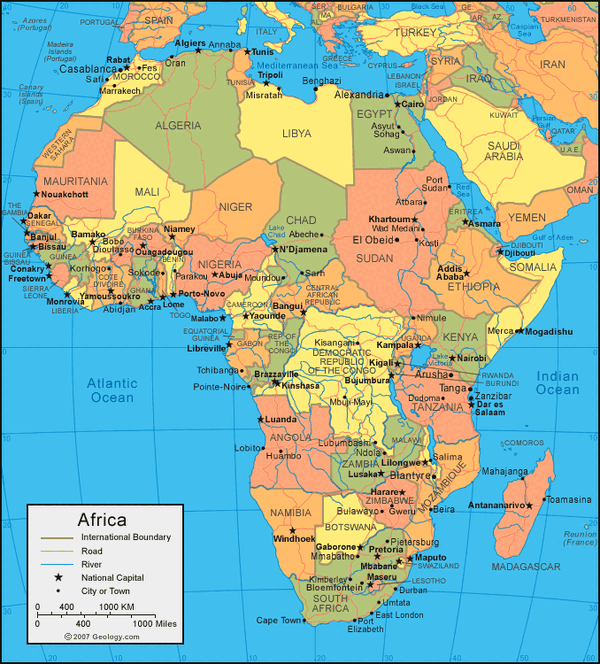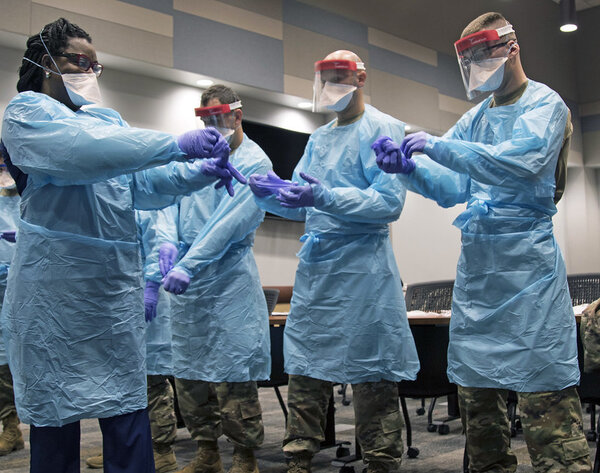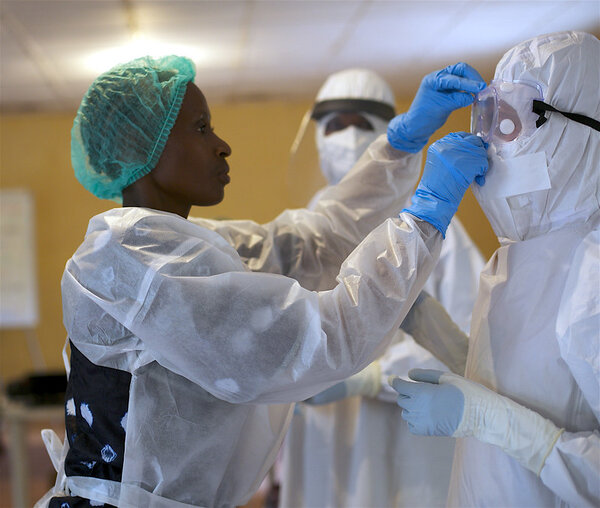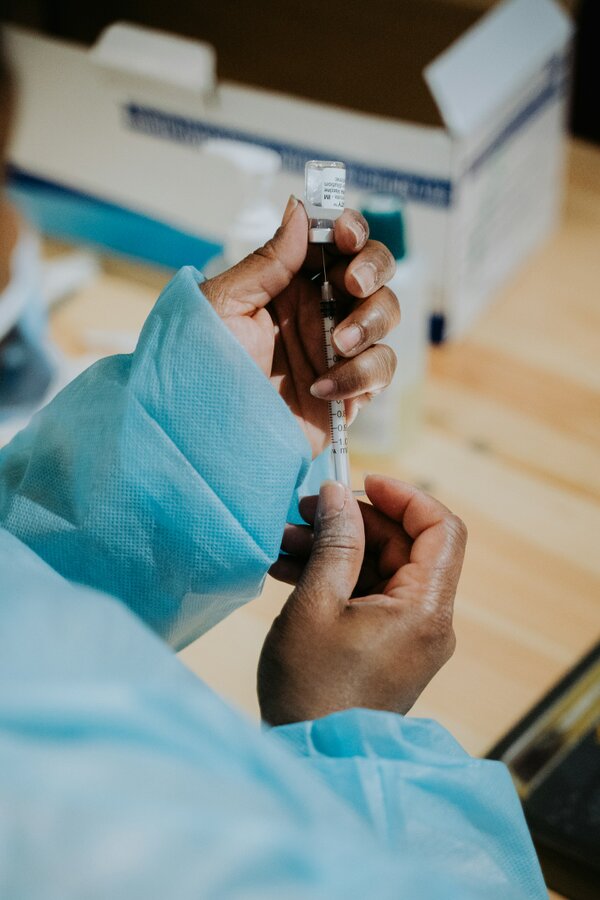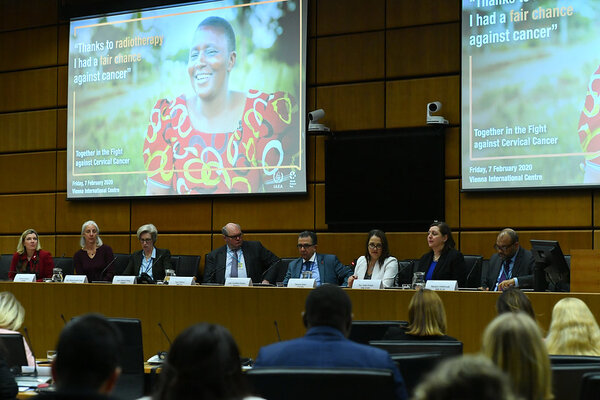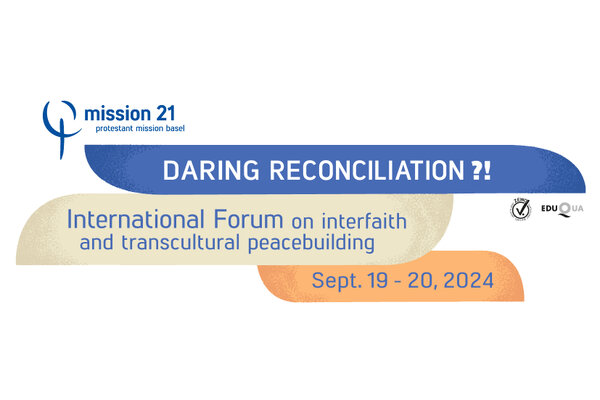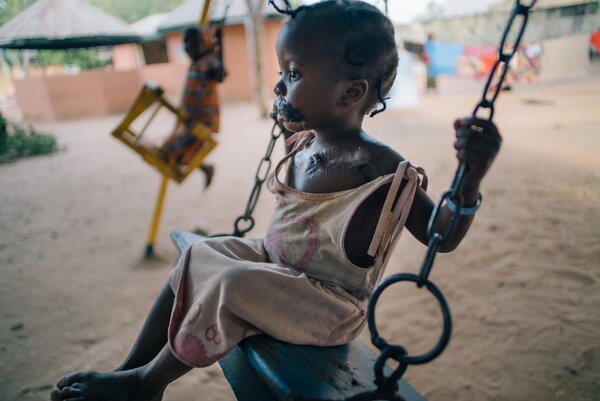Il y a deux ans, le rapport de l’OMS/Europe « Health and care workforce in Europe: time to act » a rencontré un large écho dans les médias. En Europe de l’Ouest, les raisons de la pénurie de personnel résident dans le vieillissement de la population, accompagné d’un besoin grandissant, mais aussi dans les conditions de travail peu attractives, l’organisation inefficace du travail, les investissements insuffisants dans la formation et un manque de mesures spécifiques liées au genre, pour ne citer que quelques points du rapport. Les pays d’Europe de l’Ouest recrutent activement leur personnel en Europe de l’Est, en Afrique, en Asie et en Amérique du Sud. Une situation préoccupante.
Les pays dont le système de santé est faible sont les grands perdants
D’après les estimations du Conseil International des Infirmières (CII), on manquait de 30,9 millions de soignantes dans le monde en 2019. La pénurie globale de personnel de santé conduit les pays à débaucher activement et passivement les médecins, soignantes et infirmiersères à l’étranger. Les grands perdants sont les pays dont les systèmes de santé sont plus faibles. Ces pays perdent non seulement leur personnel, mais également les investissements dans la formation de celui-ci.
Cette situation est extrêmement préoccupante. Jusqu’à présent, le code de conduite de l’OMS sur le recrutement du personnel de santé consistait en un document basé sur le volontariat. Il est urgent qu’il soit renforcé et que des mesures contraignantes soient introduites au niveau international.
Un renforcement du code de l’OMS ?
Cette année, lors du symposium MMS, nous analyserons en profondeur la crise globale de la pénurie de personnel de santé et discuterons des solutions possibles à cette crise : nous souhaitons comprendre ce que les départs et débauchages de main d’œuvre signifient pour les systèmes de santé et la santé dans le sud global et en Suisse. Nous souhaitons en outre savoir comment les acteurstrices de la collaboration internationale en matière de santé peuvent réagir à la dynamique actuelle.
Comme chaque année, des spécialistes de renom viendront enrichir l’événement. Nous nous réjouissons de vous accueillir le 30 octobre à la Maison du peuple de Bâle.
Carine Weiss
Réseau Medicus Mundi Suisse
E-Mail








